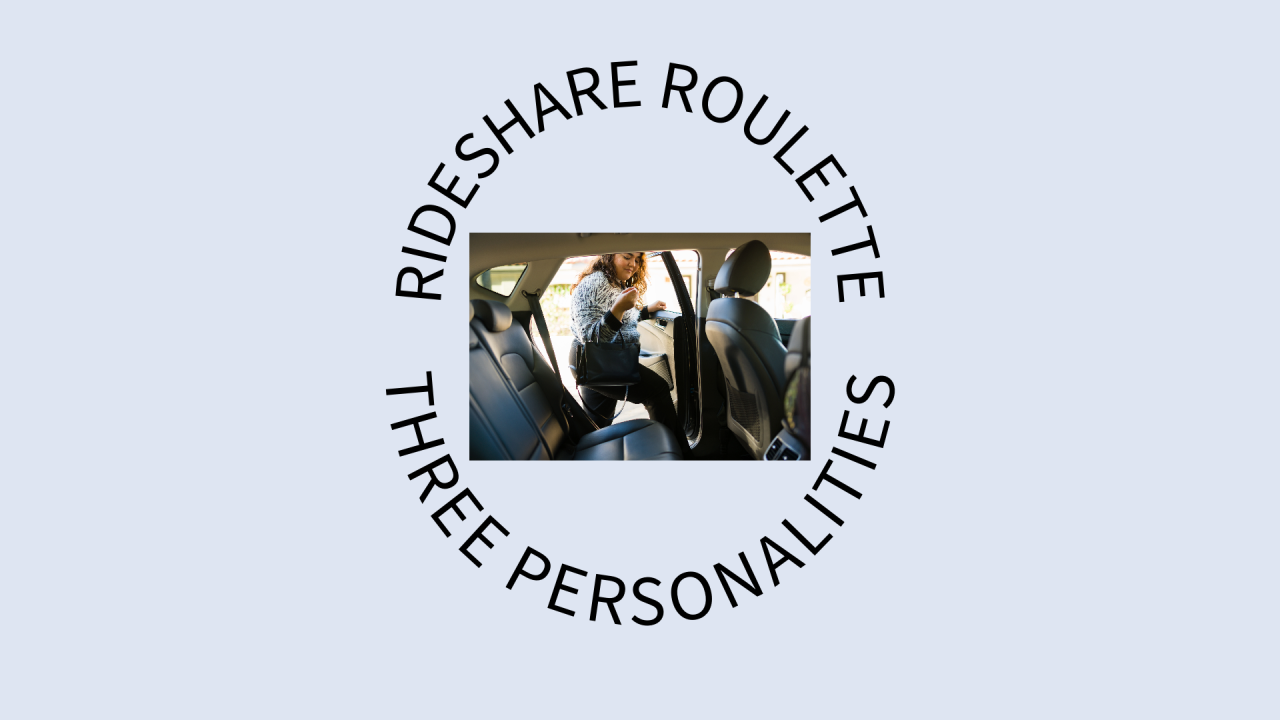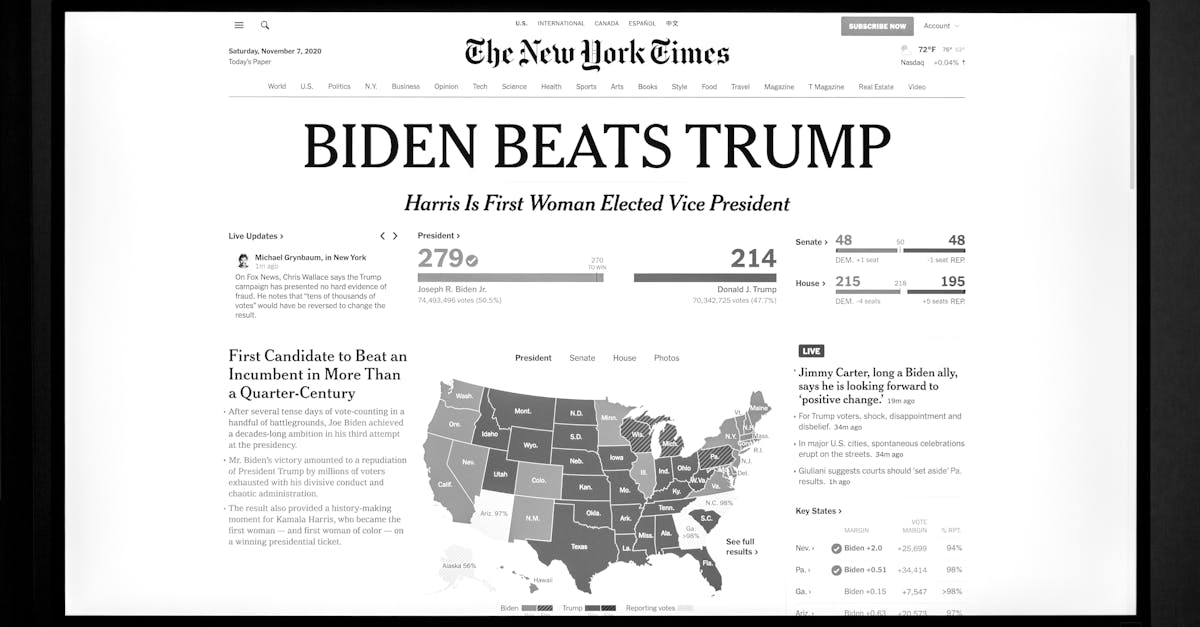Waiting on an in-person purchase never makes us notice the passage of time in the smartphone era. As staff prepare and package our food or goods, we simply scroll through apps or check our email. Time is invisible in those moments until I hear people singing and lip-synching behind the counter. A recent experience opened my ears to the idea of cover songs influencing our management skills.
If I’m the only customer the barista is servicing, a Starbucks refill takes less than a minute. If I’m conscious about taking a break from the digital noise, I’ll place the phone in my back pocket, look around, and observe. It’s what humans did before smartphones. We read the room. Maybe we had a sentence-fragment conversation with the clerk or the person in line behind us.
Don’t Go Chasing Waterfalls…
As I took a breath after ordering a refill, my ears and eyes came together for the revealing moment. 🎶“Don’t go chasing waterfalls…”🎶 was coming out of the overhead speakers. No biggie. Music plays every minute in Starbucks. Here’s what synced my ears with my eyes: All the baristas were singing along to the chorus of TLC’s 1995 hit song.
Even more noticeable was the age group of the workers. They were Gen Z’ers singing a song that was a big radio hit before they were born. Having spent a career researching music and trends for radio audiences, I made a Facebook post that afternoon telling my followers and friends about the cost-effective song research they were getting from my experience.
One of the comments on my post was from a fellow radio programming and branding colleague, Bryan Schock. He posted a cover of TLC’s Waterfalls and said, “If it doesn’t fit your format, you could try this version….” I was unfamiliar with alternative-rock band Death Cab For Cutie’s version of this song, and I immediately liked their interpretation.
“Yeah, but it’s not the Temptations.”
Covers, or remakes, have played a vital role in the development of recorded popular music for the last 100 years. Every generation plays the teacher role with the younger crowd, letting them know a certain song they love now was a hit years ago for someone else. The first time I played Since I Lost My Baby by Luther Vandross, an older staff member said something like, “Yeah, but it’s not the Temptations.”
Then came my education about a song recorded in 1965 by the Motown supergroup. I found it in the music library and suddenly fell in love with David Ruffin’s raw range and The Funk Brothers’ full-sound backup-band adaptation of this Smokey Robinson-penned hit. I think I gave credit to everyone except Berry Gordy in that last sentence.
However, hearing the original version gave me a deeper appreciation for Luther Vandross’ interpretation. He turned that song into something I would’ve never imagined if you asked me to create a different arrangement of the OG version.
Encourage The Covers
Whether it’s Johnny Cash reimagining Nine Inch Nail’s Hurt, or Joe Cocker’s version of The Beatles’ With A Little Help From My Friends, or more recently, Luke Combs covering Tracy Chapman’s Fast Car, and For King + Country remaking Michael W. Smith’s Place In This World, cover songs and remakes open our eyes and minds to a different view.
Songwriters love cover songs because their creation lives beyond the original form, along with royalty fees. Think about how many times White Christmas has been re-recorded. Updated versions honor the original thought or composition with a different interpretation to extend the life of the idea in a new era.
Three Original Questions For Leaders
- Does our team know the original version? Sounds simple, but leaders assume the organization understands the mission and the vision. Our teams can’t improve the goals if they aren’t repeatedly exposed to the ideas that created those objectives.
- Are we encouraging the “covers” from our teams? You’re responsible for the final production, but other creative voices may have a version of the idea that extends the original concept.
- Are we willing to celebrate a better version of the idea from another team member? Again, sounds simple, but ego and insecurity delay improvements.
Covers and remakes honor the original idea and extend the brand to a new generation. As of this writing, the remake of The Naked Gun movie, starring Liam Neeson and Pamela Anderson, has a 91% rating on Rotten Tomatoes. Slapstick comedy is reimagined for a new audience. But does it have great lines like this one from the original movie? “He’s on life support. Doctors say he’s got a 50-50 chance of living, though there’s only a ten percent chance of that.”

Ron Harrell
As the Principal Story Finder of Harrell Media Group, I offer Brand & Talent Coaching and Fractional Management services. I’m available for public speaking engagements.
Contact me for a No Copy & Paste review.





